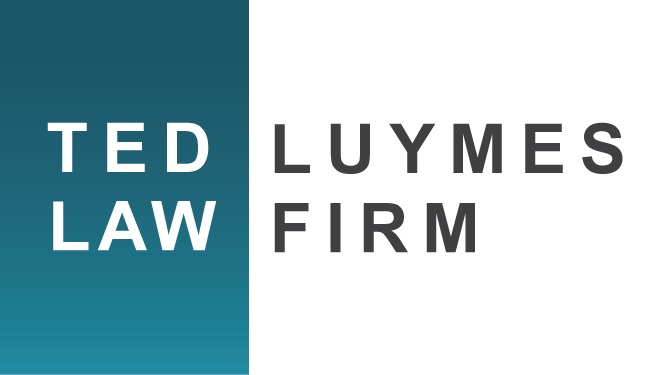Intellectual property violations are feared by every Amazon seller. You get an email from Amazon saying:
“We removed some of your listings because we received a report from a rights owner that they may infringe [a trademark, patent, or copyright]”
or
“One or more of your listings may be infringing the intellectual property rights of others….”
Infringement warnings will usually appear on your complaint matrix under Suspected Intellectual Property Violations. It is essential that sellers act quickly to resolve these complaints – even if you think the complaint is mistaken or you decide to just stop selling the product! Each unresolved complaint accumulates against your Seller Performance Rating. Having unresolved infringement complaints can get your selling privileges suspended or removed.
Intellectual property complaints are made by what Amazon calls a “Rights Owner.” This is the person who actually owns the patent, trademark, or copyright they are complaining about. In addition to the Rights Owner, an “Agent” can also make complaints on behalf of the Rights Owner. The Agent is sometimes a law firm, lawyer, or one of many “brand protection” agencies who scan the internet and make complaints automatically. The brand protection agencies often make mistakes because there is little or no human involvement. It’s important to know who made the complaint – the Rights Owner or someone acting on their behalf.
Once you know who made the complaint, you must research the patent, trademark, or copyright to know whether you may have infringed. Having a lawyer do this will save time and money. If you have no training in patent, trademark or copyright law, you should not try to make the assessment on your own. Get the opinion of a qualified lawyer.
Knowing whether or not you infringed is key to your strategy. At least half of the complaints I review are bogus, mistaken or purposely false. We can be much more aggressive in demanding that the Rights Owner retract the complaint. But where infringement has actually happened – even innocently – it is best to make peace with the Rights Owner. Being too aggressive may get you sued. Often, it is not clear whether an infringement took place. There are strategies to find out more about the Rights Owner’s claims.
Once you know who made the report, have evaluated the intellectual property, and determined that an infringement either did (or did not) occur, you have a choice of two options.
Option 1: Persuade the rights owner to retract the complaint! This is – by far- the best outcome. Not only will the issue come off your complaint matrix, you will earn trust rating points with Amazon. If the rights owner ever has an issue with you again, they will know who to contact – instead of filing reports. Sometimes, there is even the opportunity to partner with the rights owner.
Persuading rights owners to retract complaints is an art. You must know what to say and how to say it. You must also know the law and Amazon’s rules. Sometimes a polite apology is enough (without admitting liability). But rights owners who make false, misleading or mistaken complaints often refuse to retract unless they are confronted by your attorney. There needs to be a credible threat of a lawsuit and escalation of the dispute to Amazon legal.
I counsel my clients about infringement complaints and help them get retractions from the rights owners. If getting a retraction is not an option, I help them win appeals to reinstate the ASIN or selling privileges.
Option 2: Appeal the suspension. When it’s not possible to get a retraction from the rights owner, you must file an appeal. Many sellers write their own appeals and plans of action (POA) – or they hire a non-lawyer service to write the appeal. When intellectual property complaints are involved, you should hire an Amazon experienced lawyer to write the appeal and POA.
Option 3: Do both at the same time. Sometimes you can’t wait. Amazon may be threatening to review your account or suspend your selling privileges. There may be other reasons to act urgently. When that happens, the best course is to request a retraction and start the appeal / plan of action. You can always update your appeal if the complaint is retracted. Most often, it’s the retraction that counts the most with Amazon.
Intellectual property complaints demand that you understand the law and how it applies to your product, photos, and listing content. Knowing how Amazon applies the law within its platform is vital. Experience matters. We do not use templates or boilerplate forms. When your selling privileges may be in jeopardy, having a professional get the retraction or write your plan of action will save you time and money. Call or email Ted for a no-cost consultation: Ted@TedLawFirm.com
